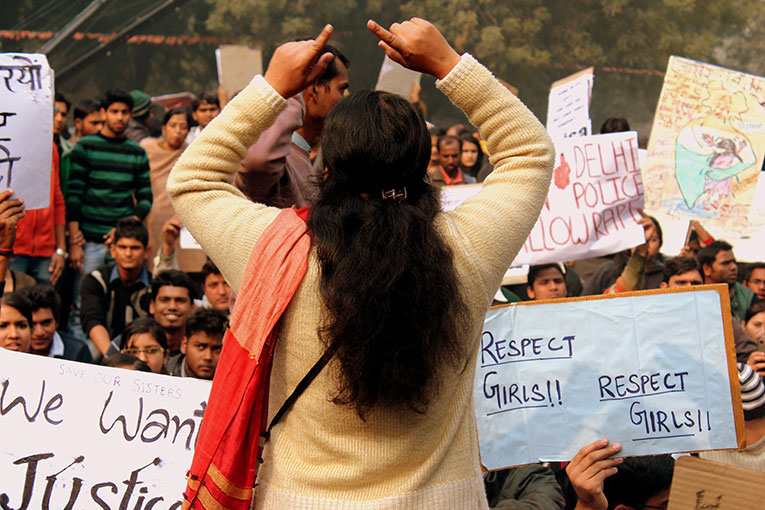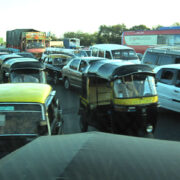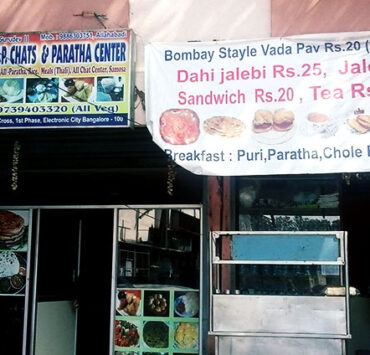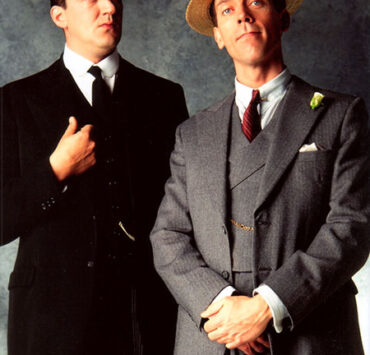I had only worked at a newspaper for a few months when I was told that I was to go “do a story about a rape”. These instructions were delivered to me with the casual practicality that is symptomatic of hardened crime reporters.
I was not one of them.
The three hours that it took me to reach the village where a girl had been raped were some of the toughest in my life. I had been told to find a ‘human angle’. I wasn’t quite sure what that meant. She was returning from the market and was then discarded three hours later.

“We want justice.” Photograph by Tanushree Bhasin.
I did my work the best that I could. I spoke to the family, the neighbours, the police, and the doctors. When I returned to the office, it was 10 p.m. The editors at the desk were hovering around me, asking me to finish writing my story quickly. “It needs to be edited and designed,” they urged.
It took me almost 30 minutes to painfully carve out the 350-word article.
The girl didn’t die from her injuries, but three months later, she committed suicide.
Now, a few years later, it takes me less than 10 minutes to write 500-word articles about rape. It’s quite simply the excessive amount of practice that us crime reporters, based out of Delhi, get.
The first paragraph changes, the rest remain the same—more or less.
The gang rape of the 26-year-old girl, to whom media houses affectionately allotted different names, shocked the nation. People reeled under the sheer brutality of the incident as we (crime reporters) revealed one gory, inhumane detail after another. “Find me something that nobody has,” were our orders and we scurried around the city like mad little ants in this mess.
Soon we knew things that I wish we didn’t. Things that had no bearing on the news. Things that were meant purely for the violent, pornographic titillation of our readers. Things that were lapped up even by our discerning readers.
Since then, every rape has seen reporters using phrases such as “Yet another incident that shows the glaring inefficiency of…” or “Women aren’t safe” or “A few days after the brutal gang rape of X, another…”. Rapes were the new flavour of the month. People wanted to read about rapes and we gave them more rapes.
The media didn’t manufacture rapes. We just wrote about rapes that people—our readers—didn’t care about previously. Dalit women in Uttar Pradesh, a widow in a small village outside Delhi, a poor labourer in Ghaziabad.

Young, fiery eyed, students rushed to the streets, braving water cannons and indiscriminate lathis unleashed by a helpless police force. Photograph by Tanushree Bhasin.
The simple truth is that crimes in Delhi are increasing every year. The now much-quoted fact that a woman is raped every few minutes in the country is more than just a statistic for us crime reporters. It is our bread and butter.
But there is only so much space in the paper. As a result, only the ‘better rapes’ get reported. The others are relegated to the status of briefs. Small 100-word, single paragraph notes, stuffed into the paper to fill up odd spaces between more important stories in the paper’s layout.
Rapes are frightfully common. Reported rapes are much less so. There have been numerous occasions where a woman goes to the police station to report a rape but is bullied by the police and the accused into not registering a case. The police is happy with that (their crime graphs aren’t tainted), while the media sits helplessly (can’t write a story without an F.I.R.).
A ‘better rape’ is quite simply one that will shock the reader more. Delhi’s upwardly mobile crime graph has ensured that the average reader has a rather thick skin. A rape is not news—only the rape and a murder of a five-year-old is shocking enough to qualify as news. Rapes of dalit women, poor labourers, migrants are rarely recorded by the police, let alone reported by the mainstream media. People don’t care and neither do the papers.
But after 16/12, things seemed different. People were angry. Many crime reporters, including myself, solemnly hoped that things would change, or at least begin to change. Young, fiery eyed, students rushed to the streets—braving water cannons and indiscriminate lathis unleashed by a helpless police force—crying out, “We want justice”.
For a few minutes there was hope. Then I heard a boy scream, “Kill the mother fuckers. Rape them and then hang them in public.”
I don’t think that the death penalty will solve anything. On a number of occasions, I have come across cases where the rape victim was raped by a member of her own family—a brother, a father, an uncle. In such cases, a death penalty will only act as a deterrent for the victim to file an F.I.R.

16/12 might have begun a process of change—every crime reporter certainly hopes so. Photograph by Tanushree Bhasin.
But I reasoned that this cry for the death penalty was the recognition of the sheer brutality of rape. As the protests piled on and the city shut down, international media spoke of ‘shame’ and ‘change’. Every one said that things were going to change for the better. “This is good. It’s allowing people to speak up about the issue. Discussions and discourses about sexuality and violence are taking place,” a J.N.U. student who was protesting said.
“I have never seen people rise up like this for an issue without the support of any leader. There’s no direction. There’s just anger at the continuance of this crime. It’s brilliant. The government, who is adept at handling farmer protests and deflecting opposition barbs, doesn’t know what to do,” said a veteran editor.
Since then, laws have been changed, things have been set in motion. Newspapers, for the time being, are continuing their assault on the government by reporting every rape. People care, and so do the newspapers. But a crime reporter can’t afford the luxury of hope. Things will change, he hopes, but while that happens, he must file his 350-word stories.
Reporting terminology divides the stories a reporter files into two sections: the routine and specials. Routine stories for a crime reporter entail rapes, murders, kidnappings, and robberies that happened on the day. Special stories are less time-bound stories that look at specific issues or explore different possibilities.
16/12 might have begun a process of change—this crime reporter certainly hopes so. But it hasn’t changed our routine lists yet. Mine is still bloody and will remain so until this process of change, this dialogue for making the city safer, is taken to its logical conclusion.









Thank you for sharing your side of the story.
At one point you say that crime stories are written in order to titlate the public ….
“Things that were meant purely for the violent, pornographic titillation of our readers”
I dont understand how those noble minded protestors who are just so offended by the objectifcation of women missed the pronography in the news. Did those graphic descriptions not seem odd to them ? Perhaps they too enjoyed it.
and yet you are hoping these same protestors will just suddenly change everything …. I dont mean to offend or criticize you but I can’t help but feel that this kind of optimisim -that somehow for no reason, without any effort , we will suddenly enter utopia – can only make things worse.
Possibly. The risk of hope turning utopic is always there, but I don’t think I meant to say that the protesters were noble minded. Most were there because the ‘modesty of a woman’ was outraged. Rape is steeped in patriarchal power politics and this protest was centered around outrage against the state, the patriarchal figure who can’t protect ” it’s ” women from “these monsters”.
I don’t expect much from people really. They’re generally brutish and forgetful. But if as a result well-thought-out rape laws can be put in. Banning the rape test, for instance, then it’ll be something.
Thanks. The reply was much appreciated.
Awesome photos…
I heard from a few people that many of the male supporters who headed small groups in these anti-rape protests were actually people who had done it themselves but had never been caught. Talk about duplicity.